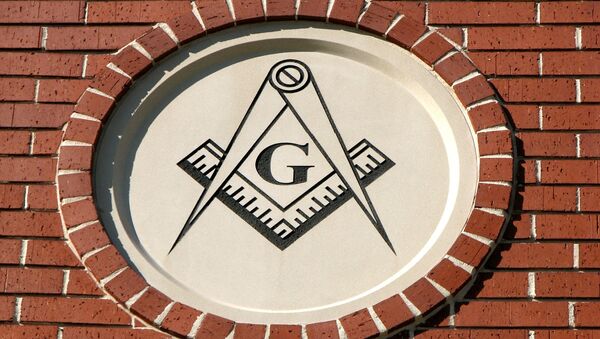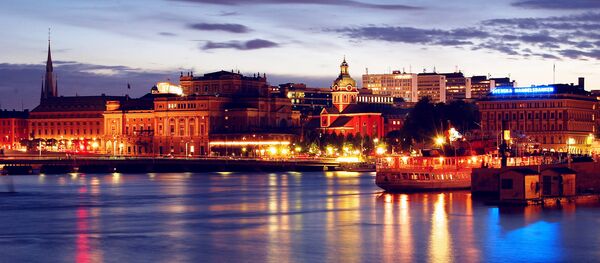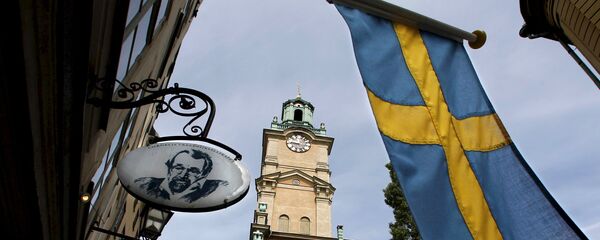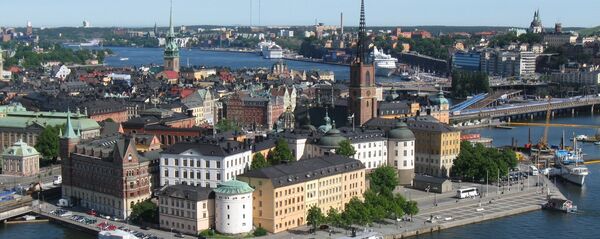A senior politician who desired to remain anonymous, described the situation as follows:
"So we are sitting at a conference table, and then suddenly a politician is a Freemason appears. His arguments can get another politician, also a Freemason, to completely reverse his opinion."
Håkan Järvå, a psychologist with extensive knowledge of manipulation and influence in closed groups, has conducted a research on the impact various cults have on their members and has penned a book about influence and peer pressure.
"Rituals help strengthen a community, creating ties that happen to be stronger than laws and regulations. The members will be more like a family," he told Västerbottens-Kuriren.
"They can also destroy the careers of non-Masons who fail to do what they want," he told Västerbotten Kuriren. "It happened that Freemasons within the academia questioned my competence and even tried to sully me," he said.
"The phenomenon was that the headmaster, the police chief, the judge and the newspaper editor was in the same lodge. This was very common in provincial towns some 100 years ago. Such things may tend to persist," Andreas Önnerfors told Västerbottens-Kuriren.
According to the newspaper, a number of present and former members declined to appear in the article "for fear of their lives being destroyed."
Freemasonry in Sweden dates back almost 300 years. The country's largest Masonic lodge numbers some 15,000 members.
Northern Lights photo in Umeå — "The truth is out there" by Pierre Oesterle. https://t.co/QCDzJzoPXK #auroraborealis #northernlights
— Umeå University (@UmeaUniversity) April 4, 2016






